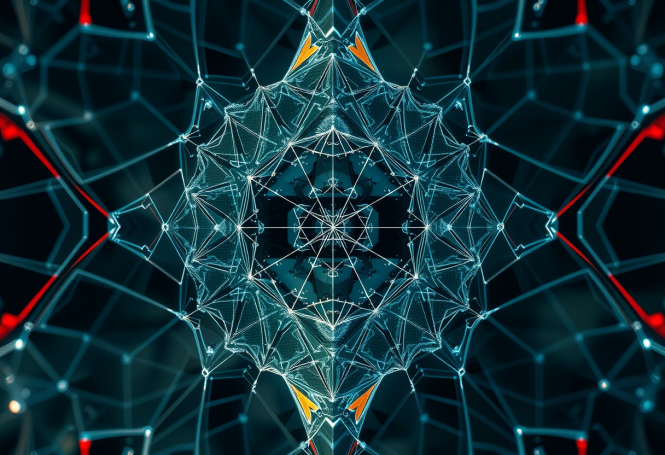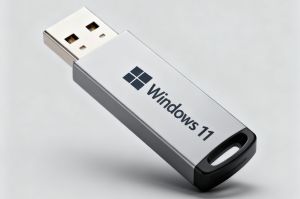 The AI-driven web is closer: the Microsoft and Cloudflare partnership
The AI-driven web is closer: the Microsoft and Cloudflare partnership
Services like Perplexity, which calls itself the “answer engine,” give us a glimpse of the web as it will be in the near future. Artificial intelligence reshapes how we look for information (or anything else, for that matter) online and generally interact with the non-IRL realm. As many other things directly related to progress — in the umbrella sense of the word — it is, objectively, neutral, and labeling it “good” or “bad” is a matter of perception.
Tech giants, being for-profit businesses, don’t seem to ruminate much about the aspects of the matter that aren’t connected to moneymaking. There are exceptions, of course, like the recent case of the stand taken by the Vivaldi browser and voiced by its CEO, Jon von Tetzchner, who insists that browsing should remain human, not AI-driven. Such exceptions, however, only confirm the veracity of the general rule, especially when such noteworthy players as Microsoft and Cloudflare adhere to it.
What is the essence of the partnership between Microsoft and Cloudflare?
Simply put, the two companies want to marry the technologies they’ve developed to power an AI-first browsing experience.
Microsoft came up with NLWeb (Natural Language Web), a new web standard that, essentially, enables websites to respond coherently to natural language queries. Launched as an open project, it introduces a conversational interface and offers websites a structured access approach that lets AI pick out info for a natural language reply using the Managed Content Protocol (MCP) endpoint.
Cloudflare’s investment is AutoRAG, a service for automated Retrieval-Augmented Generation; it is a crawler that indexes and semantically organizes the content of websites continuously, storing everything in a managed, ceaselessly updated database. Simply put, this technology takes content, augments it and generates pieces that are usable by an AI when it compiles the answer.
Basically, AutoRAG builds the infrastructure the NLWeb will rest upon. In the previous iteration, marking up content properly so that search engines could find it was the job of the website owners; now, it seems, this is something done by a third party, although it makes sense to expect local RAG database building tools for popular CRMs.
What does it all mean?
For regular users, the upside is that whatever they’re looking up online will likely be served to them as a dish in a fine dining restaurant: complete all around, tasty, and shaped with aesthetics and ease of consumption in mind. The downside may stem from the changing fabric of the web itself: if many website owners in more or less narrow content niches fail to adapt and abandon their resources, the info will come from larger, non-specialized players, which generally undermines its credibility.
For website owners, the shift to AI-driven web, if it’s abrupt, is the adapt-or-die moment. Many will see their ad income decline, and some may decide to go out of business. As mentioned above, this will negatively affect the quality of content in general. It’s just a natural process. Not to worry much, though: platforms like WordPress will surely release updates that make the code of the sites AI-friendly and enable whatever new monetization methods are bound to appear.
All things considered, Vivaldi and the like will likely stay afloat and retain their customer base, growing it slowly. On the larger scale, though, AI agents, AI browsers — whatever name will stick — are coming to stay.
If you’re looking for an alternative browser that will at least let you switch the AI bells and whistles off, go to the Browsers section of the Informer catalog:



